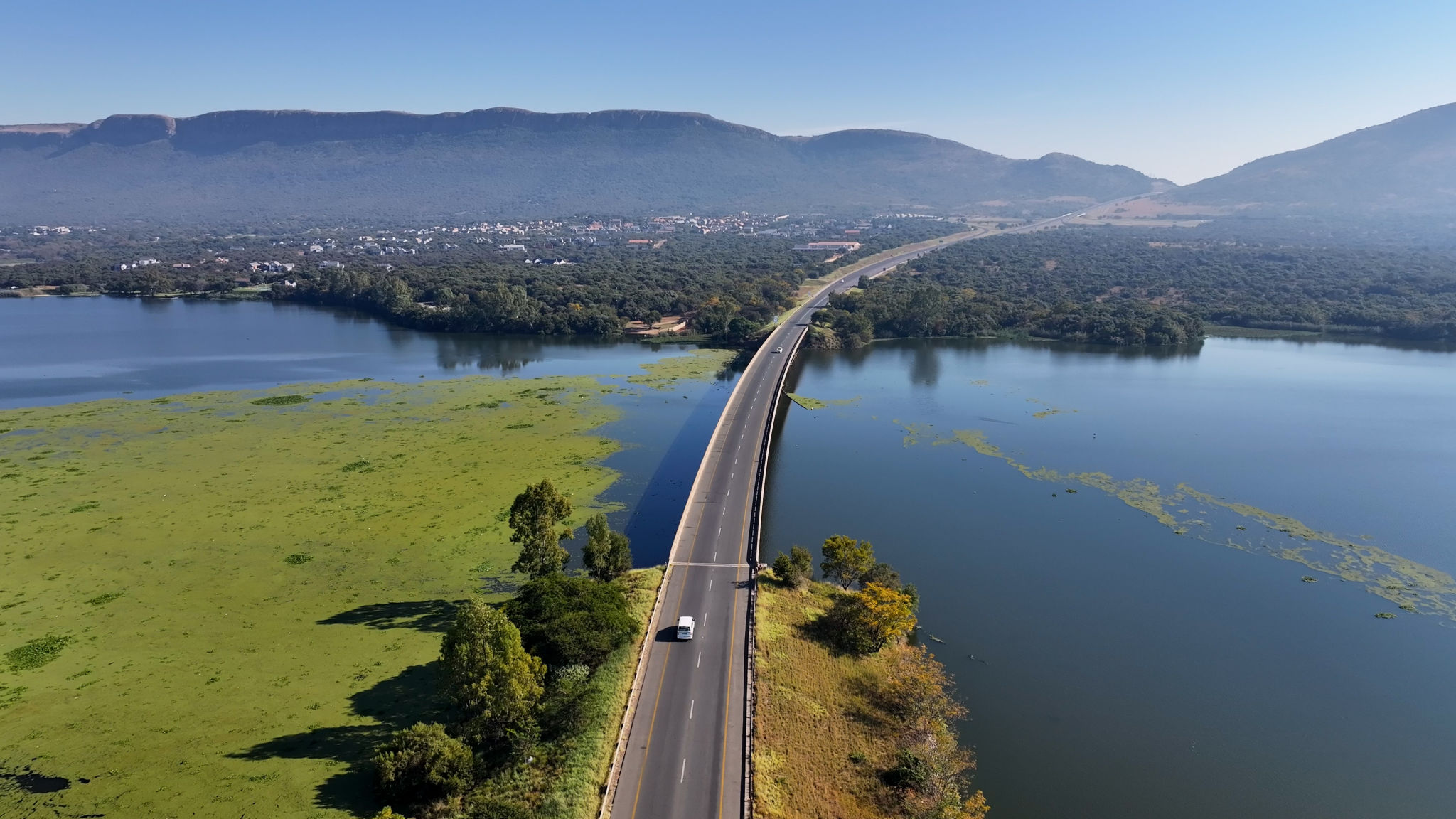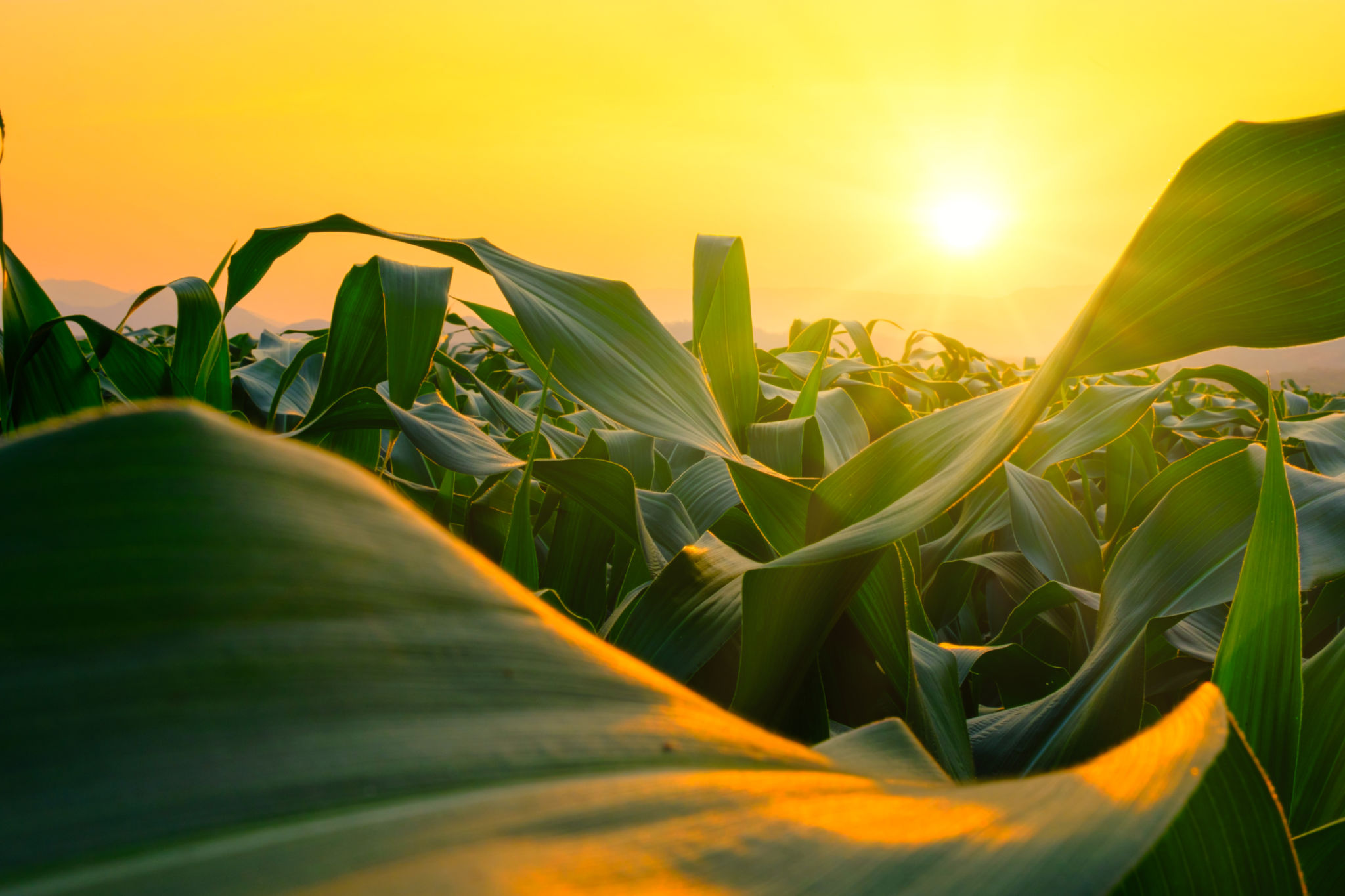Seasonal Farming in Johannesburg: Preparing for Success in Every Season
Understanding Johannesburg's Unique Climate
Johannesburg's climate presents unique challenges and opportunities for farmers. The city experiences a subtropical highland climate, characterized by distinct seasons with hot, rainy summers and cool, dry winters. Understanding this climate is crucial for successful seasonal farming, as it allows farmers to plan and prepare for the varying weather conditions throughout the year.
With an average annual rainfall of about 28 inches, primarily occurring between October and April, rainfall patterns significantly influence farming activities. This necessitates effective water management strategies to ensure optimal crop yields, especially during the dry winter months.

Preparing for the Spring Planting Season
Spring in Johannesburg begins around September and marks the start of the planting season. Farmers should focus on soil preparation, ensuring that it is rich in nutrients and free of weeds. This foundational work is critical for healthy crop growth.
It's also essential to select the right crops that thrive in the spring weather. Common choices include maize, sunflowers, and various vegetables like tomatoes and peppers. Planning crop rotation strategies can enhance soil fertility and prevent pest buildup.
Maximizing Summer Growth
Summer runs from December to February, bringing longer days and increased rainfall. These conditions are ideal for growing a wide range of crops. However, the season also poses challenges such as pests and diseases that thrive in warm, humid conditions.
To counteract these challenges, farmers should implement integrated pest management strategies. Regular monitoring and timely interventions can help protect crops from damage. Additionally, efficient irrigation systems are crucial to ensure that crops receive adequate water during dry spells.

Navigating Autumn Harvests
Autumn spans March to May and is a critical time for harvesting summer crops. This season requires strategic planning to maximize yield and minimize losses. Proper timing of harvests is vital to avoid early frosts that can damage produce.
Post-harvest handling is equally important. Farmers should invest in adequate storage facilities to preserve crop quality and reduce spoilage. Engaging in value-added processes such as drying or canning can also increase profitability.
Preparing for Winter Challenges
Winter months from June to August bring cooler temperatures and reduced rainfall, presenting challenges for crop production. This period is ideal for focusing on improving farm infrastructure and maintenance activities.
Crops like broccoli, cabbage, and carrots can be planted during this time as they thrive in cooler conditions. Additionally, employing frost protection techniques such as mulching or using row covers can safeguard crops against harsh weather.

Embracing Sustainable Practices
Sustainable farming practices are increasingly important in Johannesburg's agricultural landscape. By incorporating techniques such as crop rotation, organic fertilization, and conservation tillage, farmers can enhance soil health and biodiversity.
These practices not only contribute to environmental sustainability but also improve crop resilience and yield quality. Additionally, exploring renewable energy sources like solar power for irrigation can further reduce operational costs and environmental impact.
Leveraging Technological Advancements
The adoption of technology plays a significant role in successful seasonal farming. Precision agriculture tools, such as drones and soil sensors, provide valuable data on crop health and soil conditions, enabling more informed decision-making.
Digital platforms offering weather forecasts and market trends can help farmers better plan their planting and harvesting schedules. By staying informed and adaptable, farmers can optimize their operations throughout the year.